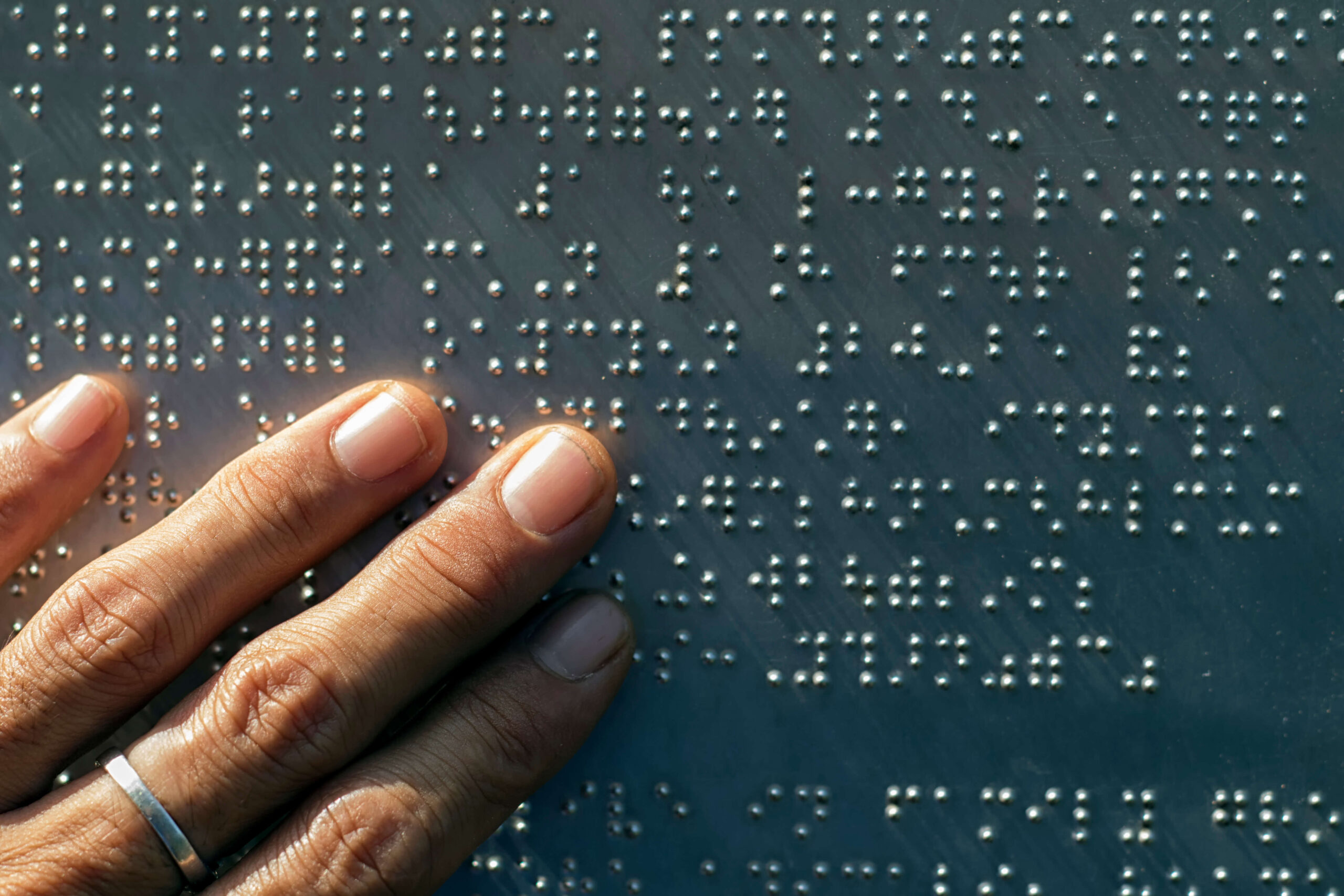In handing down the first decisions of their kind, a federal district court in New York rejected two plaintiffs’ claims that retailers, restaurants, and other places of public accommodation were required to offer Braille gift cards to visually impaired customers. Although the court gave the plaintiffs leave to amend their complaints, the reasoning of the decisions soundly rejected the theories advanced by a group of plaintiffs and their lawyers in 249 nearly identical cases filed in the fall of 2019.
In both cases before the court—one against a defendant department store and the other against a defendant clothing retailer—Judge Gregory H. Woods of the Southern District of New York held that the plaintiffs lacked standing to sue for injunctive relief because they failed to establish a plausible intent to return to the defendants’ stores. The court held that mere conclusory allegations that the plaintiffs would return were not sufficient to support standing under the Constitution.
The court also denied the plaintiffs’ claims on the merits. First, the court held that gift cards are a “good” and that, as a result, a public accommodation need not alter its inventory to sell a good—the Braille gift card—designed specifically for persons with disabilities. Second, the court held that the defendant businesses could not be found to have breached their obligations under the Americans with Disabilities Act (ADA) to provide “auxiliary aids and services” because the plaintiffs alleged only that they had asked if the businesses sold Braille gift cards—and that was not enough. The plaintiffs had not asked for assistance using non-Braille gift cards or any other “aids or services.” As such, they could not maintain a claim for failure to provide “auxiliary aids or services.” Finally, the court rejected the plaintiffs’ claim that the gift cards themselves constituted “places of public accommodation” that must be made accessible.
While these decisions will be very welcome in the business community, it still remains to be seen whether plaintiffs’ amended complaints will also be abandoned and what will happen with the other 247 cases pending before multiple judges in the Southern and Eastern Districts of New York.
In the meantime, businesses may want to be on alert that these plaintiffs or other individuals with visual impairments may yet approach the same or new businesses seeking Braille gift cards followed by requests for other auxiliary aids to use in conjunction with the non-Braille gift cards. While a business may not need to provide a Braille gift card, the ADA still requires that it provide “auxiliary aids and services” to help a person with a disability use the business’s goods and services, which would include assistance with using a non-Braille gift card.







